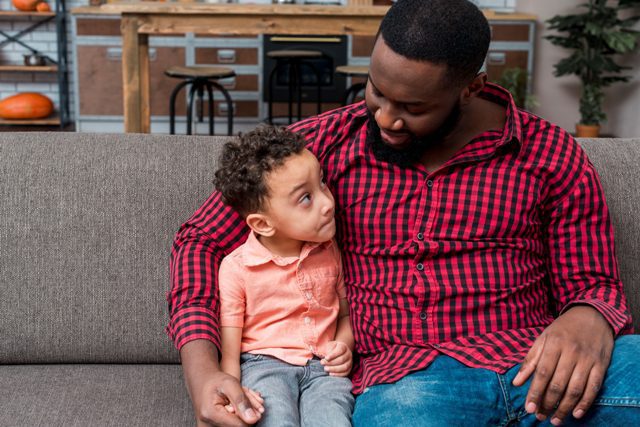by Julie Freedman Smith and Gail Bell
News about COVID-19 keeps changing. Here are some tools to help every parent:
Kids Read Our Emotions
If news of the virus has got you worried, plan to talk with your kids about it. Otherwise, they may start attributing your mood to something that they have done:
Why is mom worried? Maybe I’ve done something wrong?
Is Dad mad at me? He hasn’t stopped frowning for days.
Share Simple, Age-Appropriate Facts that are Relevant to Your Child’s Day-to-Day Life
When sharing news with kids, use facts and keep them age specific.
Kids under 5: Our job right now is to do a great job of cleaning our hands and keeping our hands away from our faces.
Kids 5+: What is your understanding of the situation? Let’s talk about your concerns and make a plan to do what our family can to stay healthy.
Share Your Feelings and Support Those of Your Children
This may feel like a scary time, and we are feeling a bit worried. It’s easy to get scared but we want you to know that we are a team and we know that we can discuss our concerns and figure out a plan to keep our family safe.
If you are scared or worried, you can always talk to us about how you’re feeling. We’ll help you to know how things will work out okay. Don’t be worried about protecting us.
Once You’ve Talked Things Through, Move Forward and Don’t Overdose on Media
Talking about fears, “what-ifs” and worst-cases can be helpful because kids get those imaginative ideas out of their heads, and it’s easier to know what they are thinking if they tell you. From there, you and your kids can work together to make plans for those eventualities or rule them out completely. Once you’ve made a plan, proceed as normal. Keep news broadcasts to a minimum as children have a hard time discerning that one piece of news repeated every 15 minutes isn’t 4 bad things happening every hour.
Create a Sense of Control: Build a Family Schedule
The simplest way for families to gain a feeling of predictability is to create a family schedule. Get clear as parents about what’s important. Then, involve the kids. Children feel comfortable when they know what’s expected. Map out a plan for your family and get it up on the fridge.
What Should Be in the Plan?
Time for
- reading together (this is a must for younger children)
- being active
- being outdoors
- quiet
- playing together
- looking after the house (chores)
- preparing and cleaning up from meals – planning this out means that boredom is not leading to lots of overeating.
- sleep – everyone needs to be getting good sleep so that we can be at our best to handle this ever-changing new normal.
How to Manage Working from Home
Plan what your kids will do while you are working. If more than one parent is home, it may be easier to trade off. One parent works all morning while the other works intermittently and is on-call with the kids; then they switch after lunch. Create lists with your kids of things they can do independently and then set them up for success. When it’s time for together time, drop the work and be with the kids.









